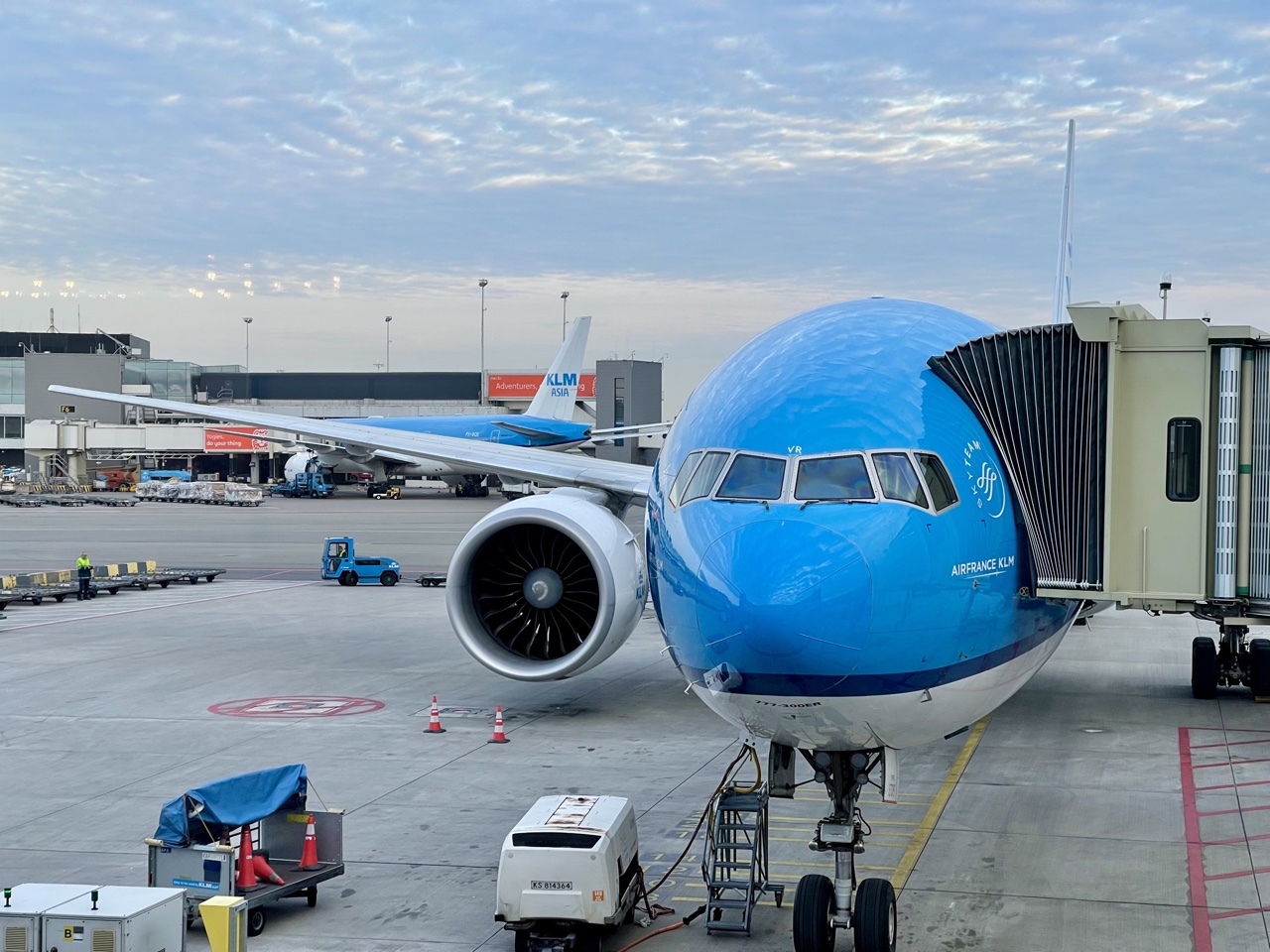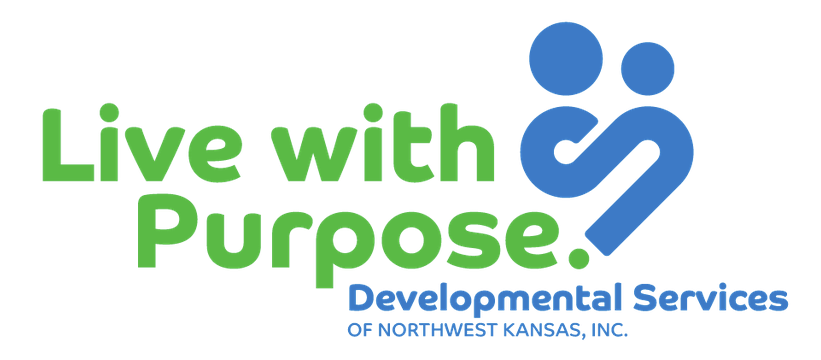EU Pushes Airlines To Clean Up Their Green Marketing – Live and Let’s Fly

Report on European Regulatory Action Against Airline Greenwashing in Alignment with Sustainable Development Goals
Introduction: Enhancing Transparency in Aviation’s Environmental Claims
European regulatory bodies have initiated a coordinated effort to enforce stricter standards on environmental claims made by airlines. This action addresses the prevalent issue of “greenwashing,” where marketing overstates environmental performance. The new measures compel airlines to provide clear, substantiated, and transparent information, directly supporting the principles of several United Nations Sustainable Development Goals (SDGs), particularly those concerning responsible consumption, climate action, and accountability.
Regulatory Investigation and Findings
Following a formal complaint by the European Consumer Organisation (BEUC) in June 2023, which identified 17 airlines for potentially misleading environmental claims, the European Commission and the Consumer Protection Cooperation Network launched a formal investigation. The review, targeting 21 airlines, concluded that many environmental marketing practices were ambiguous and lacked sufficient evidence, undermining consumer trust and sustainable development efforts.
- Misleading Claims: The investigation focused on vague terms such as “green,” “sustainable,” and “net zero” used without clear substantiation.
- Carbon Offsets: A key concern was the practice of implying that purchasing carbon offsets could completely neutralize the emissions of a specific flight.
- Sustainable Aviation Fuel (SAF): Airlines were found to be promoting the use of SAF without disclosing the very small percentages currently used in overall fuel consumption.
Alignment with Sustainable Development Goals (SDGs)
The EU’s regulatory crackdown is fundamentally aligned with the 2030 Agenda for Sustainable Development. The initiative reinforces the following key goals:
- SDG 12: Responsible Consumption and Production: By demanding accurate and verifiable information, regulators empower consumers to make more responsible travel choices. This ensures that consumption patterns can be genuinely aligned with sustainability, moving beyond marketing slogans to factual data.
- SDG 13: Climate Action: The measures contribute directly to climate action by holding a high-emission industry accountable. Forcing airlines to substantiate their claims about emission reductions and future targets ensures that corporate strategies are grounded in credible science, which is essential for meeting global climate targets.
- SDG 9: Industry, Innovation, and Infrastructure: The regulations encourage genuine investment in sustainable innovation, such as the development and scalable deployment of SAF and more efficient aircraft technology, rather than a reliance on marketing.
- SDG 17: Partnerships for the Goals: The coordinated action between the European Commission, national consumer protection authorities, and consumer organizations exemplifies a multi-stakeholder partnership to enforce sustainability standards and achieve common goals.
New Directives for Environmental Communication
As a result of the investigation, the targeted airlines have agreed to implement more rigorous communication standards. National regulators will monitor compliance to ensure these commitments translate into practice. The new requirements include:
- Evidence-Based Claims: All environmental claims must be supported by verifiable data and scientific evidence.
- Clarity on Sustainable Aviation Fuel (SAF): When promoting SAF, airlines must clearly state the actual percentage used and its verifiable impact on emissions for the flight or period advertised.
- Transparency on Carbon Offsets: Airlines must cease claiming that a flight’s emissions can be “neutralized” or “compensated” for through the purchase of carbon credits. The limitations and nature of offsets must be clearly explained.
- Commitment to Future Goals: Any forward-looking environmental targets must be presented with a clear timeline, specific objectives, and a transparent methodology for measuring progress.
International Context and Conclusion
This regulatory trend extends beyond the European Union. The UK’s Advertising Standards Authority (ASA) has taken similar action against several airlines for unsubstantiated environmental claims, indicating a global shift towards greater accountability. This push is not intended to penalize environmental progress but to ensure that it is communicated honestly and accurately. By replacing vague marketing with factual reporting, these regulations support informed consumer decision-making and encourage the aviation industry to transform ambitious sustainability messaging into quantifiable results, thereby making a meaningful contribution to the Sustainable Development Goals.
1. Which SDGs are addressed or connected to the issues highlighted in the article?
The article on the EU’s crackdown on airlines’ greenwashing claims connects to several Sustainable Development Goals (SDGs) by focusing on corporate accountability, consumer information, climate action, and regulatory oversight.
-
SDG 12: Responsible Consumption and Production
This goal is central to the article’s theme. The EU’s action against “greenwashing” directly addresses the need for companies to provide accurate and honest information about the environmental impact of their services. By forcing airlines to substantiate their “green” claims, regulators are promoting more responsible corporate behavior and enabling consumers to make more informed and sustainable consumption choices.
-
SDG 13: Climate Action
The entire context of the article is climate change. Airlines’ claims about “net zero flights,” “carbon offsets,” and “sustainable fuels” are all related to mitigating the aviation industry’s impact on the climate. The push for transparency ensures that efforts to combat climate change are genuine and measurable, rather than just “polished slogans.”
-
SDG 16: Peace, Justice and Strong Institutions
This goal is relevant because the article highlights the role of effective and accountable institutions. The European Commission, the Consumer Protection Cooperation Network (CPC), and the UK’s Advertising Standards Authority (ASA) are acting as strong regulatory bodies to enforce rules, ensure transparency, and hold corporations accountable for their claims. This demonstrates the development of institutions that can effectively combat misleading practices.
-
SDG 9: Industry, Innovation and Infrastructure
The article touches upon this goal by mentioning the legitimate pathways for the aviation industry to become more sustainable. It refers to investments in “sustainable aviation fuel (SAF), new technology, and real emission reductions.” The regulatory crackdown encourages genuine innovation and investment in sustainable infrastructure and technology by ensuring that only verifiable advancements can be marketed as “green.”
2. What specific targets under those SDGs can be identified based on the article’s content?
Based on the issues discussed, several specific SDG targets can be identified:
-
Target 12.6: Encourage companies, especially large and transnational companies, to adopt sustainable practices and to integrate sustainability information into their reporting cycle.
The article directly relates to this target. The EU’s action is a clear effort to compel 21 major airlines to adopt more sustainable practices in their marketing and to integrate verifiable sustainability information into their public communications. The requirement that claims “must be grounded in evidence rather than ambition” is a direct push for this integration.
-
Target 12.8: By 2030, ensure that people everywhere have the relevant information and awareness for sustainable development and lifestyles in harmony with nature.
The core purpose of the EU’s crackdown is to provide travelers with “clear, honest, and transparent” information. The article states, “Honest information helps people choose flights that align with their values.” This directly supports the goal of ensuring consumers have the relevant information to make sustainable choices, free from misleading “greenwashing.”
-
Target 13.3: Improve education, awareness-raising and human and institutional capacity on climate change mitigation, adaptation, impact reduction and early warning.
The investigation and subsequent rules imposed by the EU and UK bodies represent an increase in institutional capacity to address misleading climate claims. By setting clear boundaries on what airlines can say, they are raising awareness among both consumers and corporations about what constitutes a legitimate climate action versus a mere marketing claim.
-
Target 16.6: Develop effective, accountable and transparent institutions at all levels.
The article is a case study of this target in action. The European Commission and the CPC Network launched a “formal investigation,” and national regulators will “monitor compliance.” This shows institutions working to be more effective and to enforce accountability and transparency in the airline industry.
3. Are there any indicators mentioned or implied in the article that can be used to measure progress towards the identified targets?
The article implies several indicators that can be used to measure progress:
-
Indicator for Target 12.6: Number of companies publishing verifiable sustainability reports or communications.
The article mentions that 21 airlines were targeted and have agreed to “clean up their language.” An indicator of progress would be the number or percentage of these airlines that have verifiably changed their advertising to include “real data” and “calculations that any traveler can understand.” Monitoring airline websites and marketing materials for compliance would be a way to measure this.
-
Indicator for Target 12.8: Reduction in the number of consumer complaints or regulatory actions related to misleading environmental advertising.
The investigation was prompted by the European Consumer Organisation (BEUC) calling out 17 airlines. A successful outcome would be a decrease in such complaints and in the number of rulings against airlines, such as those made by the UK’s ASA against Air France, Etihad, and others. This would indicate that consumers are receiving clearer and more accurate information.
-
Indicator for Target 9.4 (related to promoting genuine sustainability): Percentage of fuel consumption from verifiably sustainable sources (like SAF).
The article states that if a carrier promotes Sustainable Aviation Fuel (SAF), it “now must back the term with real data.” This implies that the actual, data-supported use of SAF is a key metric. Progress could be measured by tracking the reported and verified percentage of SAF used by airlines making such claims.
-
Indicator for Target 16.6: Number of enforcement actions taken by regulatory bodies for non-compliance.
The article notes that “the possibility of enforcement is on the table” if promises are not met. An indicator of institutional effectiveness would be the number of investigations launched and enforcement actions (e.g., fines, sanctions) taken by national regulators against airlines that fail to comply with the new transparency rules.
4. Table of SDGs, Targets, and Indicators
| SDGs | Targets | Indicators |
|---|---|---|
| SDG 12: Responsible Consumption and Production | Target 12.6: Encourage companies to adopt sustainable practices and integrate sustainability information into their reporting. | The number of airlines that have adjusted their marketing to provide clear, evidence-based environmental claims, as monitored by regulators. |
| SDG 12: Responsible Consumption and Production | Target 12.8: Ensure people have relevant information and awareness for sustainable development. | A reduction in the number of misleading “green” advertisements identified by consumer groups (like BEUC) and regulators (like the ASA). |
| SDG 13: Climate Action | Target 13.3: Improve education, awareness-raising and institutional capacity on climate change mitigation. | The establishment and enforcement of clear advertising standards for climate-related claims in the aviation industry. |
| SDG 16: Peace, Justice and Strong Institutions | Target 16.6: Develop effective, accountable and transparent institutions. | The number of formal investigations and enforcement actions undertaken by bodies like the European Commission and national regulators against greenwashing. |
| SDG 9: Industry, Innovation and Infrastructure | Target 9.4: Upgrade infrastructure and retrofit industries to make them sustainable. | The volume and percentage of Sustainable Aviation Fuel (SAF) used by airlines, backed by verifiable data as required by the new regulations. |
Source: liveandletsfly.com
What is Your Reaction?
 Like
0
Like
0
 Dislike
0
Dislike
0
 Love
0
Love
0
 Funny
0
Funny
0
 Angry
0
Angry
0
 Sad
0
Sad
0
 Wow
0
Wow
0












































































